Our last colloquium of the Fall 2019 season will be another inaugural lecture by a new professor in our department, Filip Tuomisto.
Filip is Professor of Exp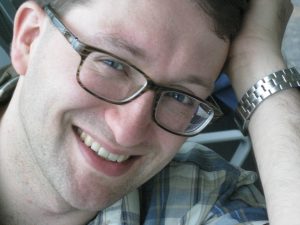 erimental Materials Physics here in Helsinki. In his research, he focuses on the development and applications of positron annihilation spectroscopy for studying the atomic-scale structures of materials for future technologies.
erimental Materials Physics here in Helsinki. In his research, he focuses on the development and applications of positron annihilation spectroscopy for studying the atomic-scale structures of materials for future technologies.
In his presentation, titled Antimatter: does it matter? Filip will tell us about the use of positrons in probing the structure of matter and in medical imaging.
Here is the abstract of his talk:
The fundamental question in materials science is: Why is matter what it is? More precisely, if one takes a piece of some material, why does it look what it looks like, why does it respond to external electromagnetic fields in the way it does, why does it yield in the way it does when a force is applied? Many other similar questions can be thought of. In all simplicity, all these properties are dictated by the identities of the atoms constituting the material, and their positions in space. In practice, however, a macroscopic amount of material contains by far too many atoms in order to address the issue atom-by-atom. A wide variety of experimental methods has been developed for studying the atomic-level structure of matter, most of them based on shooting something (electromagnetic waves, particles) at a piece of material, and then observing what (electromagnetic waves, particles) comes out and how. In addition to light, electrons and ions, the probing can be performed also using antimatter. Positrons can be injected into matter, and the positron-electron annihilation gamma radiation analyzed, giving various kinds of information on the local environment of the positron at the time of its demise. In this colloquium, I will give a short introduction to the utilization of positrons in materials science and medical imaging. Antimatter may indeed matter.
After the 30 minute talk, there will be a cocktail reception. Welcome!
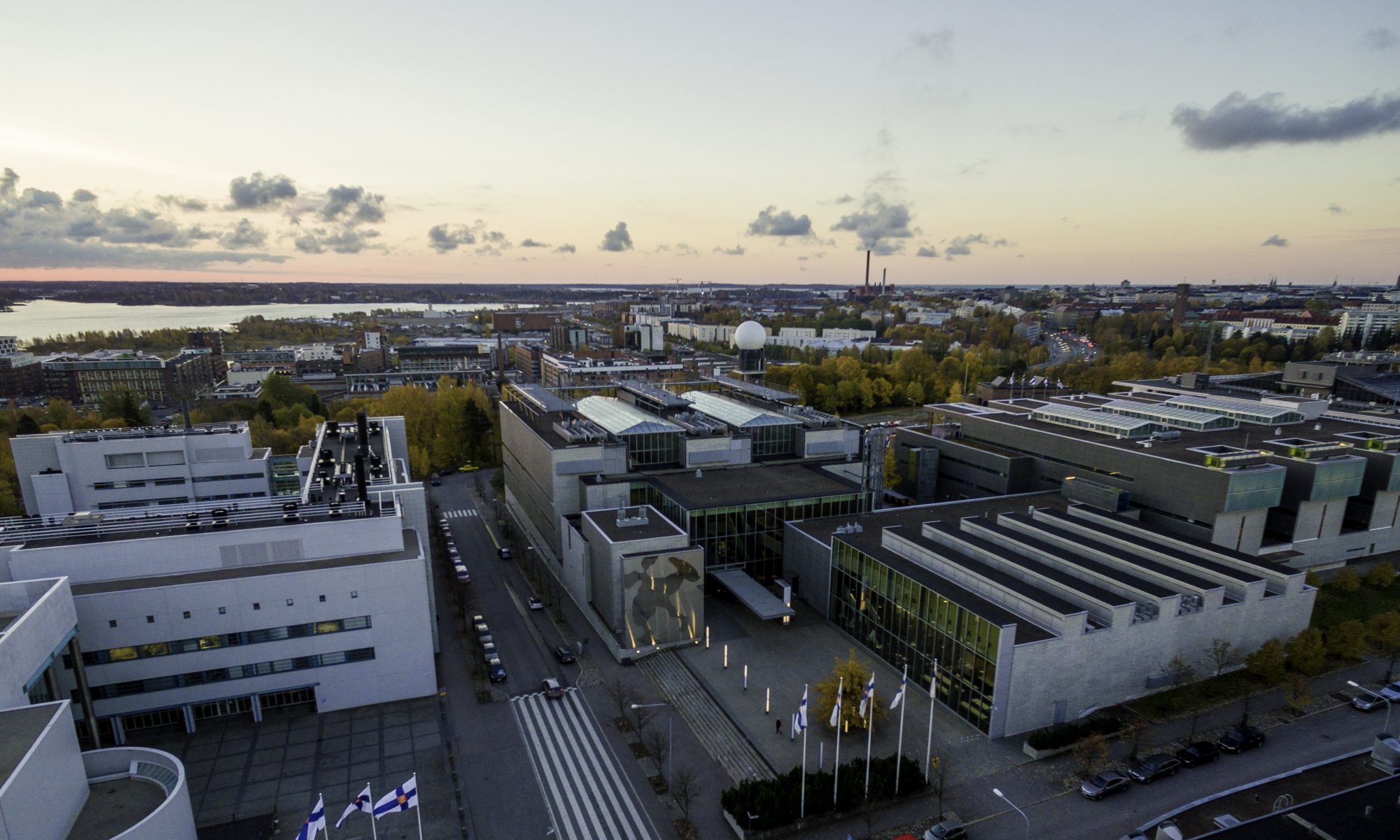
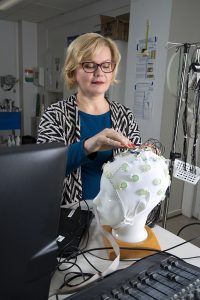 Our next colloquium will take place on 1st November 2019. Our speaker will be Professor Minna Huotilainen, from the Cognitive Brain Research Unit of the University of Helsinki. She is a researcher in psychology and cognitive science, working in particular on the development of human cognition. Her research interests include for example the role of music and sounds on brain development, and how to optimise brain work and its recovery. She is the author of a popular science book on brain research and its applications to education and learning, Näin aivot oppivat.
Our next colloquium will take place on 1st November 2019. Our speaker will be Professor Minna Huotilainen, from the Cognitive Brain Research Unit of the University of Helsinki. She is a researcher in psychology and cognitive science, working in particular on the development of human cognition. Her research interests include for example the role of music and sounds on brain development, and how to optimise brain work and its recovery. She is the author of a popular science book on brain research and its applications to education and learning, Näin aivot oppivat.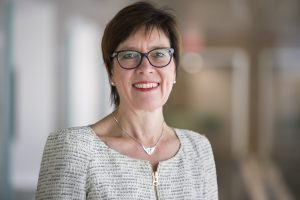
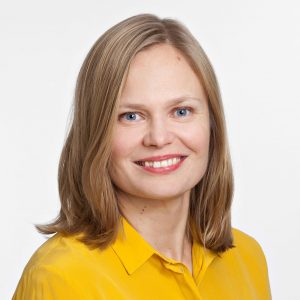 Our first colloquium of Fall 2019 is a Special Colloquium on High Performance Computing (HPC) Applications. We are joined by the Minister of Science and Culture, Hanna Kosonen, who will talk about why HPC is so important for Finland. We will also hear from Professors Ilpo Vattulainen, Minna Palmroth, and Kari Rummukainen who will highlight supercomputing applications at the Department of Physics and Helsinki Institute of Physics (HIP).
Our first colloquium of Fall 2019 is a Special Colloquium on High Performance Computing (HPC) Applications. We are joined by the Minister of Science and Culture, Hanna Kosonen, who will talk about why HPC is so important for Finland. We will also hear from Professors Ilpo Vattulainen, Minna Palmroth, and Kari Rummukainen who will highlight supercomputing applications at the Department of Physics and Helsinki Institute of Physics (HIP).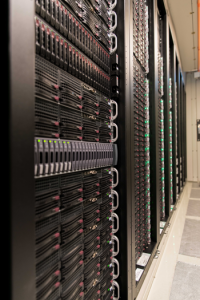 made considerable investments in high-performance computing by renewing the capacity within the CSC – IT Center for Science, and by leading the LUMI consortium that will install one of Europe’s largest pre-exascale supercomputers in Kajaani. But who are the scientific users of HPC in Finland? One of the largest users is the University of Helsinki Department of Physics and HIP, having several groups pioneering in modelling physical systems using supercomputers. This Special Colloquium is targeted to highlight supercomputing applications at the Department of Physics and HIP in a generally understandable manner.
made considerable investments in high-performance computing by renewing the capacity within the CSC – IT Center for Science, and by leading the LUMI consortium that will install one of Europe’s largest pre-exascale supercomputers in Kajaani. But who are the scientific users of HPC in Finland? One of the largest users is the University of Helsinki Department of Physics and HIP, having several groups pioneering in modelling physical systems using supercomputers. This Special Colloquium is targeted to highlight supercomputing applications at the Department of Physics and HIP in a generally understandable manner.